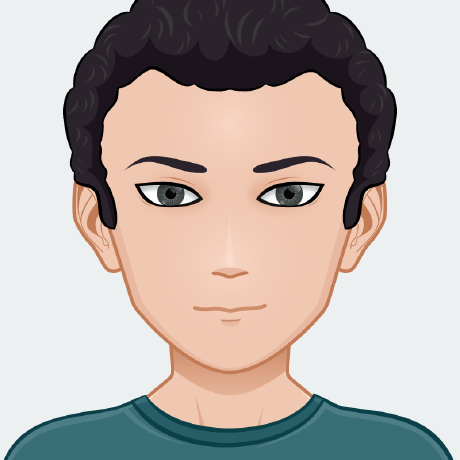Do You Own Your Platform?
Posted on Friday, Jan 7, 2022
In this episode we describe what a platform is and the importance of owning it.
Show Notes
Available on your favorite podcast platform.
Show notes:
- difference between a product and platform
- platform is a collection of modules and tools
- a platform is extensible, programmable, consists of reusable pieces and components
- desirable qualities in a platform and various considerations
- a platform is a living being to some extent
- availability
- stability
- performance
- how easy is it to fix when things break
- adaptability
- the iceberg analogy – most of your product is invisible, but this can cause problems
- how do you select the right technology for your platform?
- important not have bias
- products are short-lived, where platforms last a long time, so important to make the right choices in your platform.
- it is good to depend on standards to avoid lock-in to one tool/technology
- the wrong solutions do not scale
- have a network of experts you can reach out to and get the information you need
- knowing who to ask is the superpower in this age
- why you need some level of control over your platform
- damage control: solve problems when they arise
- moving things forward: can it be modified as new requirements come up
- building platforms for reuse
- build systems are important
- automation
- continuous integration
- The Yoe Distribution and the Simple IoT project are examples of platforms that are re-usable and flexible, and applicable for a wide range of projects
- recomposable platforms scale not just vertically, but horizontally, which is the real power of them
- a lot of up-front discipline goes into this
- you create a platform not only for others, but yourself
- you respect the APIs in the same way you expect others to respect them
- APIs as a contract become very important
- Most people can track product costs very well. Platform costs are harder to
track and are an investment in the future
- example of an embedded Linux platform that goes into a product that lives for many years. A lot of work is required upfront to get the base system running, but then you can build on it for years.
- A more constrained platform like a MCU + RTOS tends to be not as extensible and more limited to a product.
- Two kinds of platforms
- Transaction platforms: facebook, twitter, etc
- Innovation platforms: what we’ve been talking about
- personal platform
- write things down
- when helping someone, instead of emailing or messaging the solution, I write down the solution in some type of long lived documentation, and then share that documentation with them.
- do you own your platform?
- owning your platform is more of a mindset rather than an rigid absolute
- are you willing to learn and own the details of your platform
- with OSS we not only use it, but we also have the option to be part of it
- owning your platform is more of a mindset rather than an rigid absolute
Discuss this episode at our community site.
Hosts

Cliff Brake
Cliff has been developing products for a long time. See BEC and Github for more information.
